IELTS Scoring Scale: 9 Tips You Need to Know to Achieve a High Score and Conquer the Test
Are you preparing for the IELTS exam and looking to understand how the scoring system works? The IELTS scoring scale plays a crucial role in determining your final result. Understanding the score structure, how each skill is calculated, and how to achieve your desired score will help you create an effective study plan and succeed in the exam with a high score. This article will provide detailed information on everything you need to know about the IELTS scoring scale, helping you prepare for your upcoming test.
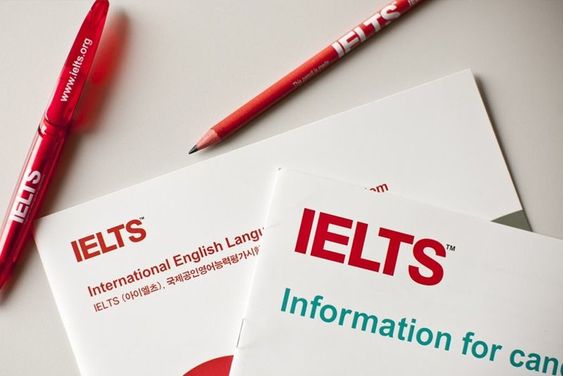
1. What is the IELTS Scoring Scale?
The IELTS exam is designed to assess your ability to use English in academic and everyday living situations in an English-speaking environment. The results of the IELTS exam are graded on a scale from 0 to 9, with each skill (Listening, Reading, Writing, Speaking) being scored individually. Your overall IELTS score is the average of these four skills, rounded to the nearest half-point.
For example, if your skill scores are Listening 7.5, Reading 6.5, Writing 7.0, Speaking 6.0, your total IELTS score would be (7.5 + 6.5 + 7.0 + 6.0) / 4 = 6.75, which is rounded up to 7.0.
Each band on the IELTS scoring scale represents a different level of English proficiency, from no ability (0) to expert (9). Understanding how the scoring scale works will help you set clear learning goals.
2. How IELTS Scores Are Calculated for Each Skill
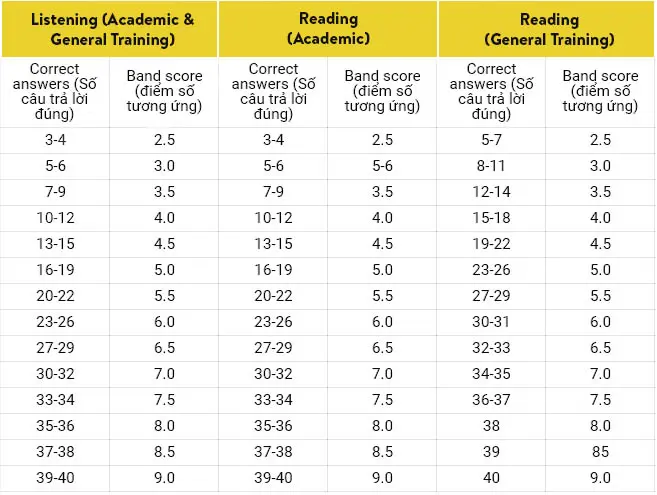
Listening:
The Listening test consists of 40 questions, and each correct answer earns 1 point. This raw score is then converted into a band score from 0 to 9. For example, if you answer 30 out of 40 questions correctly, you might receive a band score of 7.0.
Reading:
Like Listening, the Reading test also consists of 40 questions, with each correct answer earning 1 point. However, the scoring scale may vary between the Academic and General Training tests. Academic test-takers need more correct answers to achieve the same score as General Training test-takers.
Writing:
The Writing section is graded based on four criteria: Task Achievement, Coherence and Cohesion, Lexical Resource, and Grammatical Range and Accuracy. Each criterion is scored on a scale from 0 to 9, and the final score is the average of these four criteria.
Speaking:
The Speaking test, lasting 11 to 14 minutes, is also scored based on four criteria: Fluency and Coherence, Lexical Resource, Grammatical Range and Accuracy, and Pronunciation. The overall score is the average of these four criteria.
3. Tips for Achieving a High Score in the IELTS Exam
Scoring high in the IELTS exam depends not only on your English ability but also on time management, familiarity with the test format, and exam strategies. Here are some tips to help you optimize your results:
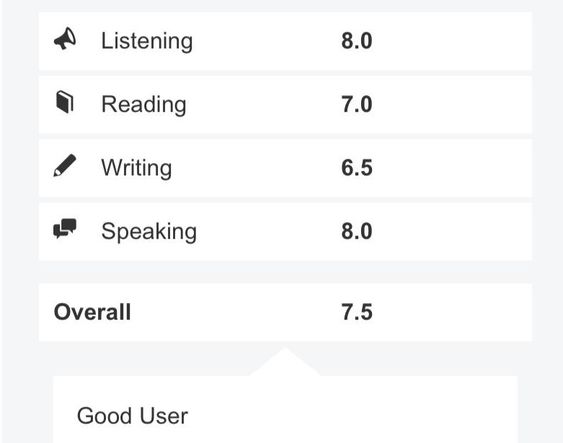
- Practice regularly: Dedicate at least 1-2 hours daily to practicing each skill. Practicing with sample tests will help you get used to the question types and test timing.
- Expand your vocabulary: Vocabulary is crucial for boosting your scores in Reading, Writing, and Speaking. Learn vocabulary by topic and practice using these words in real-life situations.
- Take IELTS courses: Enrolling in online or in-person IELTS preparation courses will give you a clear learning plan, access to experienced teachers, and detailed feedback on your performance.
4. How to Improve Your Listening Score in IELTS
The IELTS Listening section requires intense focus and the ability to understand detailed information. Here are some ways to improve your Listening skills:
- Listen to English daily: You can listen to news programs, podcasts, or watch English movies without subtitles. Getting used to native speakers’ pronunciation will help improve your listening skills.
- Practice with sample tests: Use IELTS Listening practice tests to familiarize yourself with the test format. Try completing the test under real exam conditions to improve time management and response speed.
- Focus on keywords: During the Listening test, pay attention to the main keywords in the questions and focus on hearing these words in the audio to identify the correct answers.
5. How to Improve Your Reading Score for High Results
Reading requires the ability to quickly grasp the main ideas of a passage. Here’s how to improve your Reading score:
- Identify keywords: In the Reading test, you don’t need to read every word. Instead, use skimming and scanning techniques to locate keywords and important information.
- Practice with academic texts: Read academic articles, essays, and a variety of sources to become familiar with academic language and specialized terminology.
- Manage your time efficiently: With 40 questions in 60 minutes, you need to practice answering quickly and accurately. Don’t spend too much time on one question—complete the easier questions first, and come back to the harder ones later.
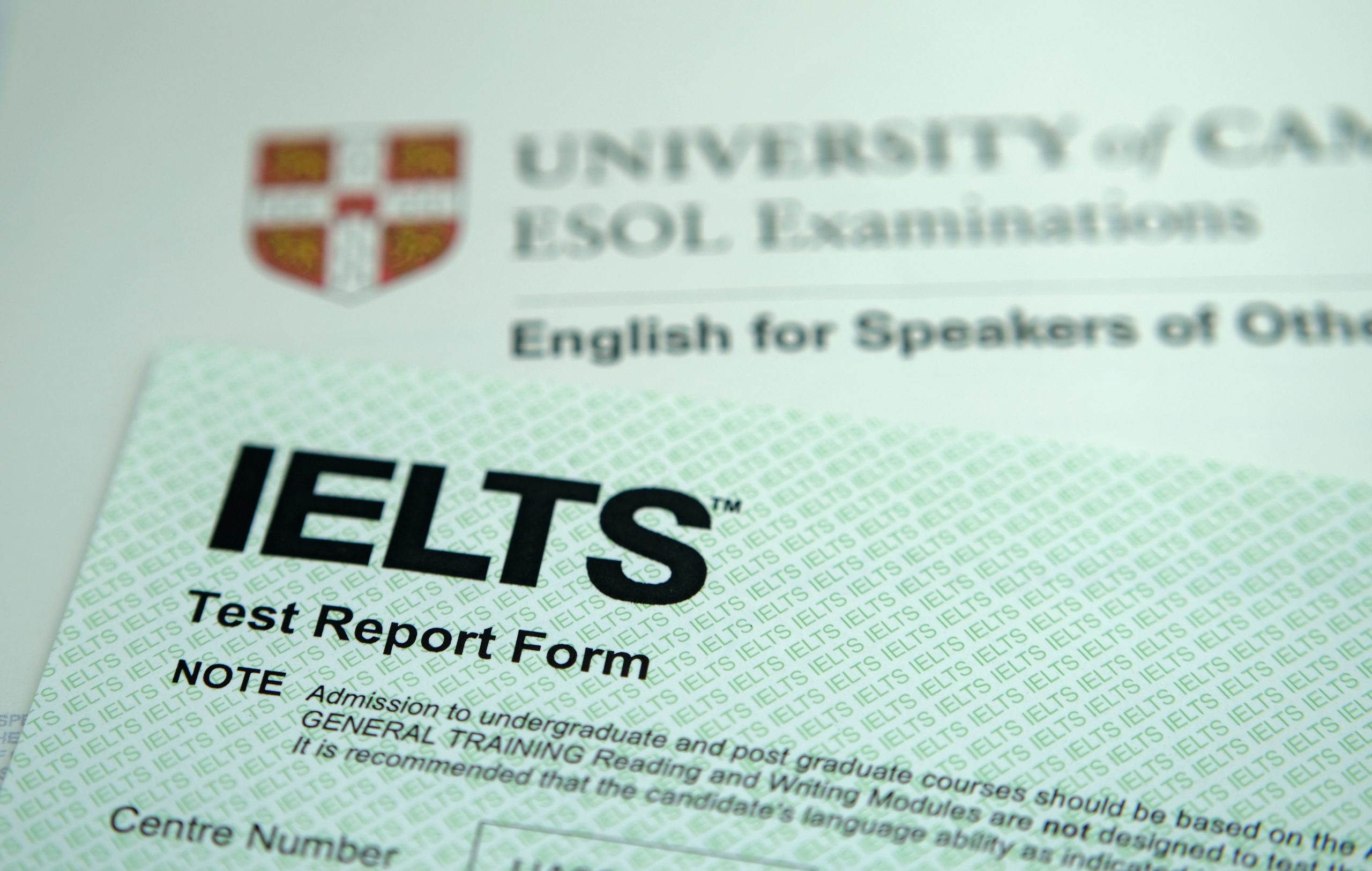
6. Strategies to Improve Writing Scores
The IELTS Writing section evaluates how clearly and logically you can present ideas. To score high, focus on the following:
- Write daily: Write at least one essay (Task 2) or one report (Task 1) each day. This will improve your writing skills and help you manage your time better.
- Use a wide range of sentences: Use complex sentence structures and a rich vocabulary to show your ability to use the language flexibly. However, be sure to use words correctly and avoid overly complex words you’re unsure of.
- Familiarize yourself with the grading criteria: Understand the four grading criteria for Writing (Task Achievement, Coherence and Cohesion, Lexical Resource, Grammatical Range and Accuracy) and practice writing according to these standards to ensure your essay meets the requirements.
7. How to Improve Speaking Skills in IELTS
Speaking is often considered one of the most challenging skills for test-takers. To improve your score, focus on these aspects:
- Practice speaking regularly: Speak English daily with friends, teachers, or join English clubs to practice communication and build confidence.
- Work on pronunciation and intonation: Clear pronunciation and natural intonation will boost your Speaking score. Practice by listening to English videos on YouTube or podcasts and mimicking native speakers.
- Answer clearly and coherently: In the Speaking test, give full, clear answers with specific examples. Avoid giving short or off-topic responses.
8. Common Mistakes in the IELTS Exam and How to Avoid Them
Some common mistakes test-takers make during the IELTS exam include:
- Poor time management: Many test-takers spend too much time on one part of the exam, leaving insufficient time for the rest. Practice answering within the time limits.
- Not reading instructions carefully: In the Reading and Listening sections, failing to understand the question can lead to incorrect answers or missing key information.
- Using inappropriate language: In the Writing and Speaking sections, using incorrect or inappropriate language can lower your score.
9. Tools for Effective IELTS Test Preparation
Several online tools can support your IELTS preparation, such as:
- IELTS Online Tests: This website offers numerous practice tests covering all four skills.
- IELTS Prep App: The official app from the British Council provides useful test preparation and tips.
- YouTube and Podcasts: There are many high-quality YouTube channels and podcasts that can help you improve your Listening and Speaking skills.
- Total Read Store: A website that specializes in selling English PDF books, perfect for IELTS preparation.
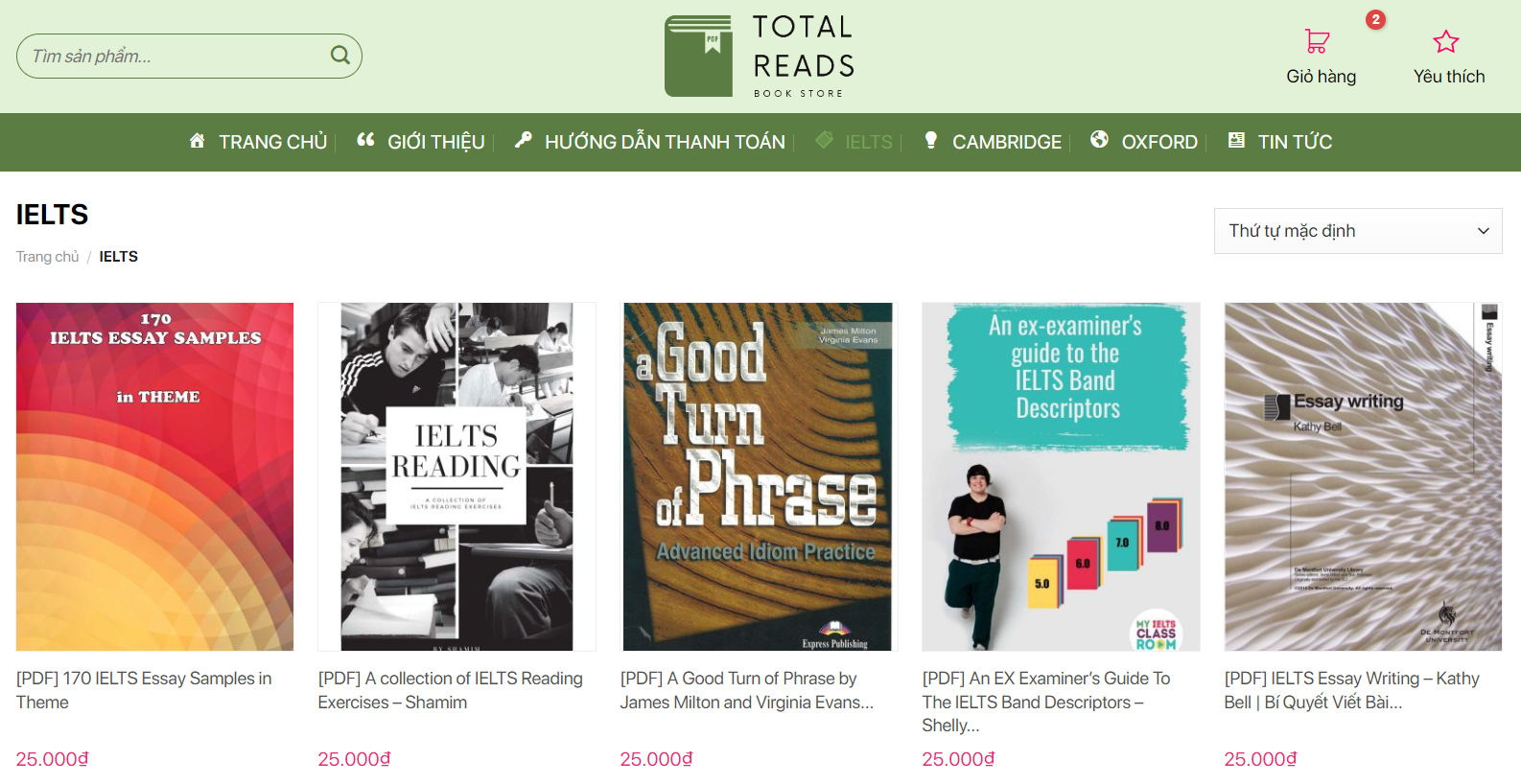
10. Conclusion
The IELTS exam is not just a test of your English ability, but also an opportunity to showcase your preparation, skills, and effort. Understanding the IELTS scoring scale, knowing the grading criteria, and applying effective study strategies will help you achieve your desired score. Stay consistent, practice regularly, and keep improving your skills. Conquering the IELTS exam may be challenging, but with thorough preparation, you will succeed and open up new opportunities in education, work, and life.
Good luck, and may you achieve a high score in your IELTS exam!
Contact Information:
Email: totalreads.store@gmail.com
Website: totalreads.store
Facebook: facebook.com/totalreads.store
- IELTS Online Test: A Convenient Solution to Conquer the IELTS Exam Quickly and Effectively!
- The Most Effective Strategies to Boost Your IELTS Reading Band Score for Every Student
- IELTS Scoring Scale: 9 Tips You Need to Know to Achieve a High Score and Conquer the Test
- IELTS Band Score: Tips to Achieve a High Score in the IELTS Exam
- IELTS: The Key to Future Success – A Comprehensive Guide from A to Z to Achieve High Scores
Bài viết cùng chủ đề:
-
IDP IELTS – Your Key to Success with Optimized Methods for the IELTS Exam
-
Edmicro IELTS – The Comprehensive Solution to Help You Master IELTS Effectively
-
British Council IELTS: Proven Strategies and Effective Study Plan for Your IELTS Success
-
7 Key Tips to Boost Your IELTS Band Score Quickly and Effectively
-
The Most Effective Strategies to Boost Your IELTS Reading Band Score for Every Student
-
10 Effective IELTS Reading Strategies to Achieve High Scores
-
Boost Your Chances of Acing IELTS with Mini IELTS: The Ultimate Platform for Every Candidate
-
IELTS Reading Practice for High Scores: Effective Study Strategies from A-Z
-
IELTS Bro: The Ultimate IELTS Study Plan for Achieving High Scores
-
IELTS Band Score: Everything You Need to Know to Achieve a High Score
-
IELTS Band Score: Tips to Achieve a High Score in the IELTS Exam
-
Master IELTS with IELTS Fighter – The Ultimate A to Z Guide for Achieving Your Dream Score
-
IELTS Online Test: A Convenient Solution to Conquer the IELTS Exam Quickly and Effectively!
-
IELTS: The Key to Future Success – A Comprehensive Guide from A to Z to Achieve High Scores
-
7 Effective Tips for Online IELTS Testing – Achieve the Highest Score with an Optimal Study Plan


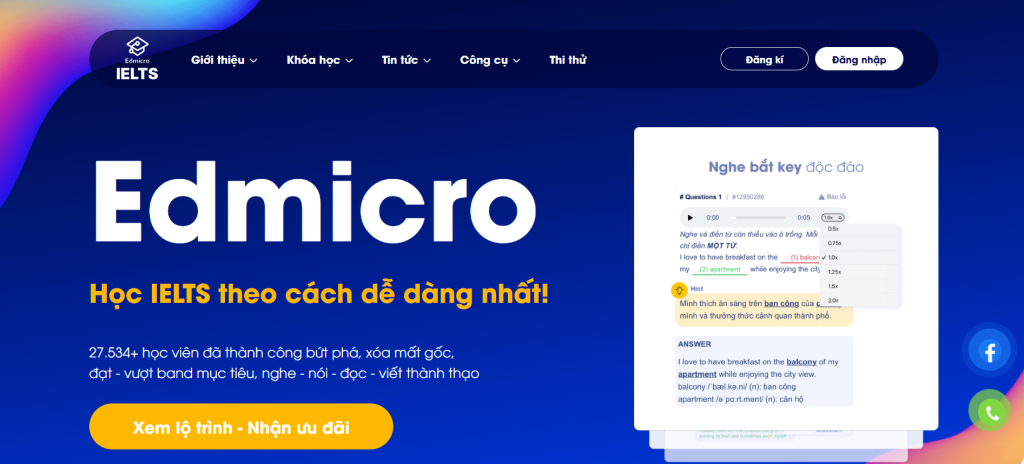
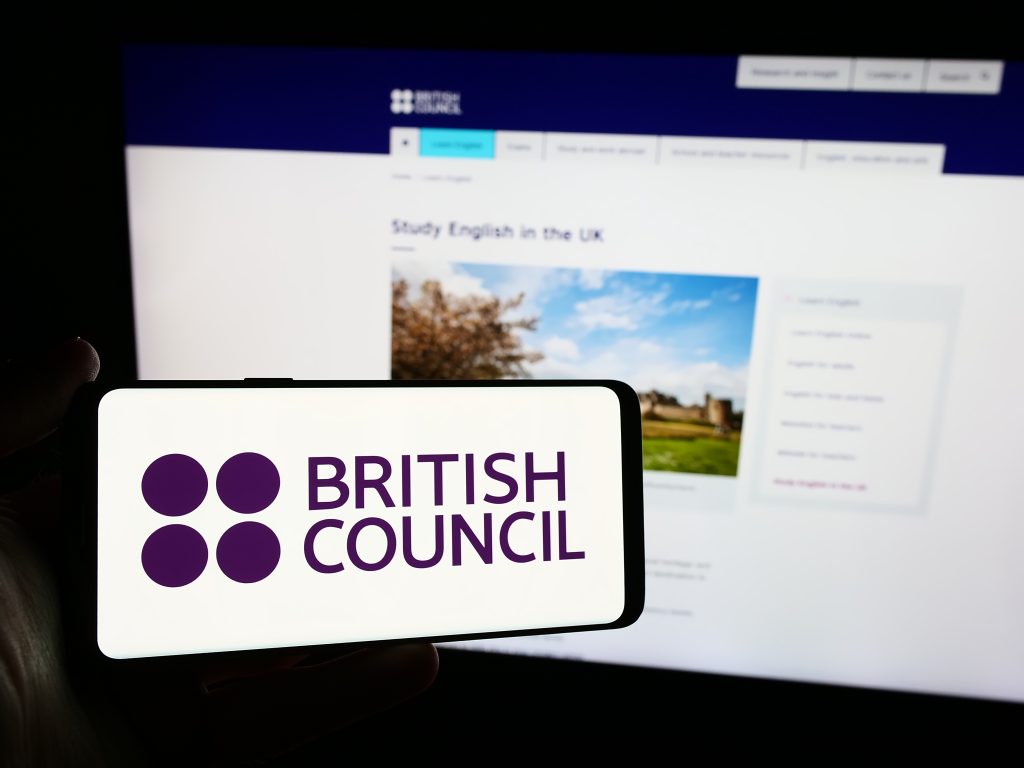





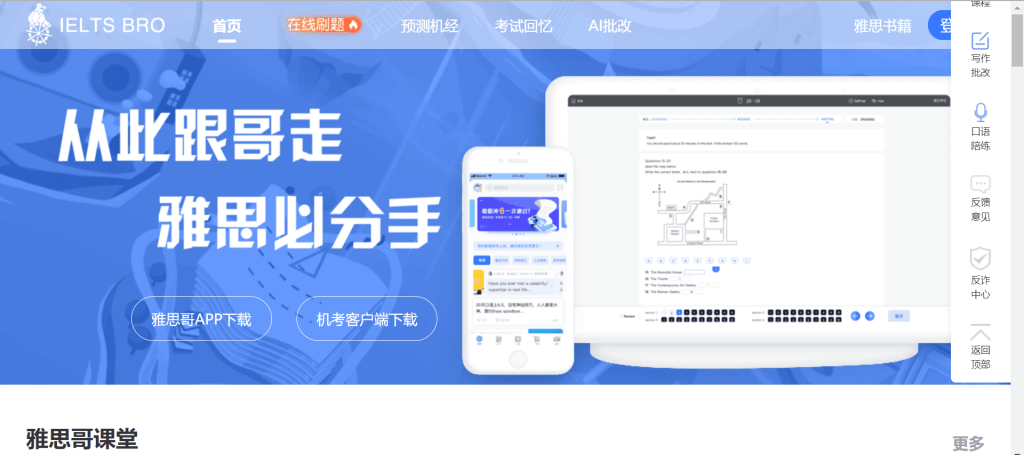

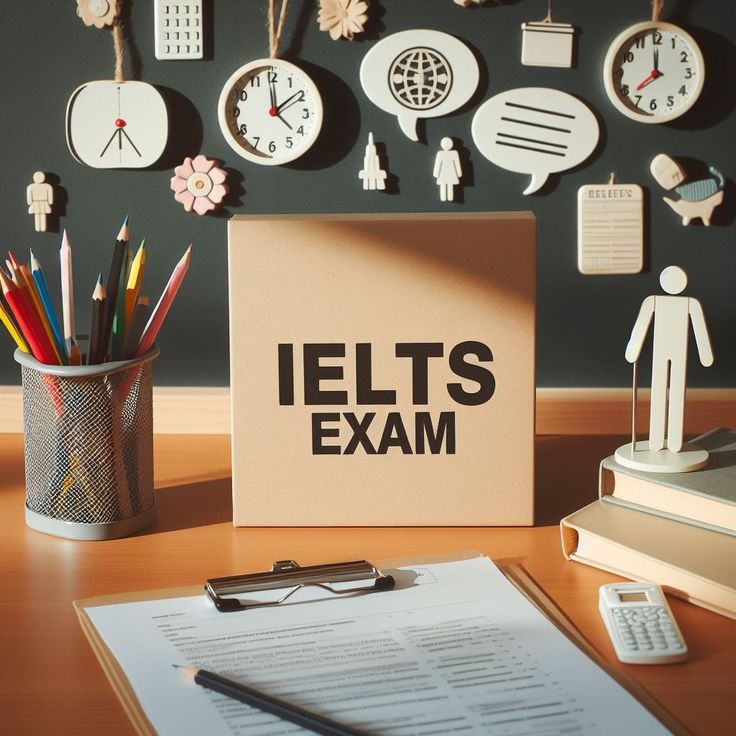




…
…
…